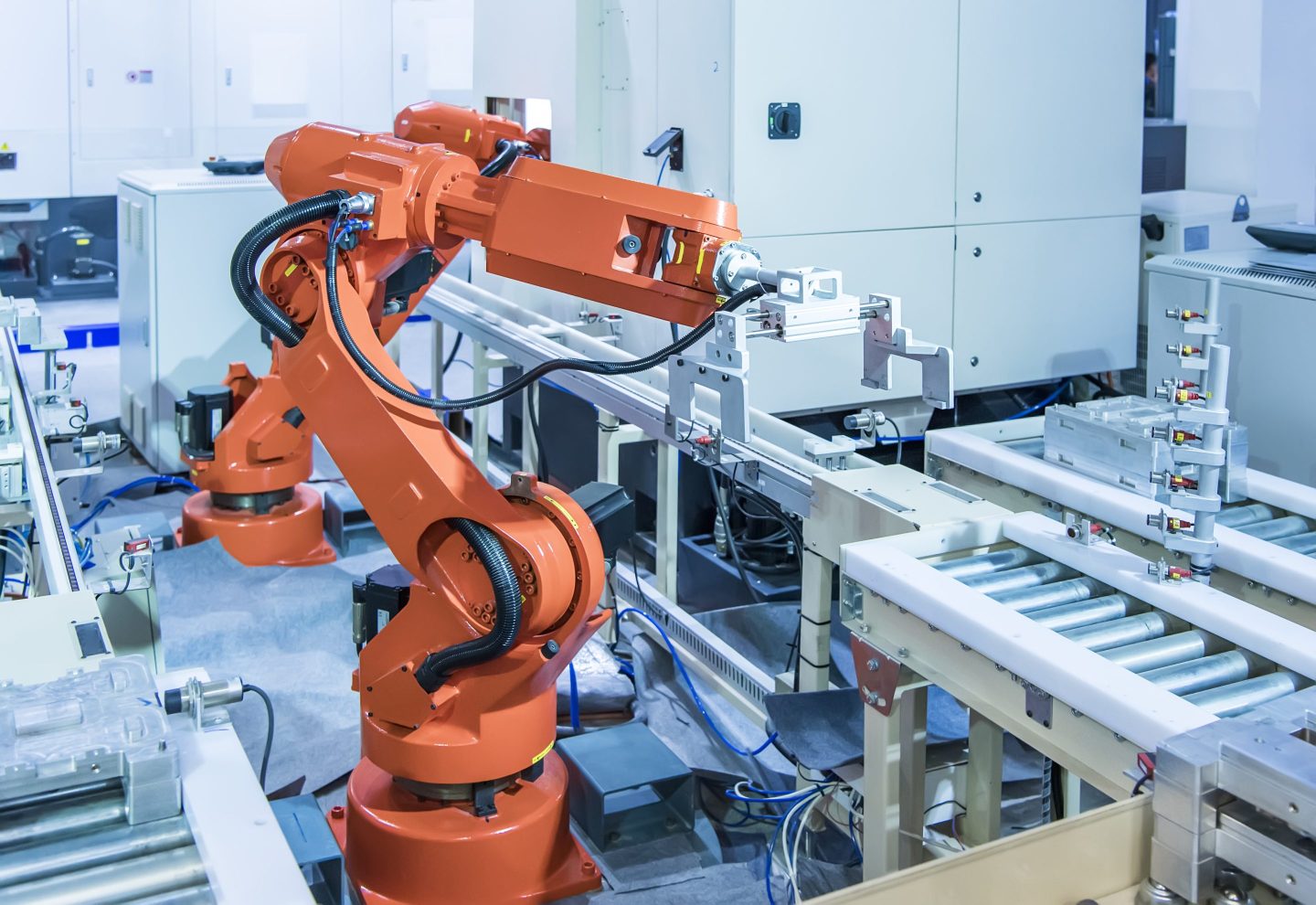Once upon a time, a career in robotics was something out of science fiction. But robotics isn’t only a bona fide career path, it may be a lucrative one. But it’s also a field that’s still finding its legs, even as robots become more common in a variety of industries.
For that reason, it can be difficult to get a sense of how in-demand robotics engineers—which are technicians and engineers who work directly with robots in a variety of settings—will be in the future. However, the demand in this field will likely increase. And as such, schools are preparing the next generation of robotics engineers. “There are a lot more robotics programs now, and some universities have started robotics departments,” says Jing Xiao, professor and head of the robotics engineering department at Worcester Polytechnic Institute (WPI) in Massachusetts.
As robots become more common—ranging from autonomous vehicles, to surgical robots in hospitals, and even robots working in Amazon warehouses—people who can work with robots and know the ins and outs of robotics and specific types of engineering will likewise need to become more common, too.
How to become a robotics engineer
For those interested in becoming a robotics engineer, there isn’t necessarily a straightforward path into the field. Gail Dyer, a robotics engineer who works as a sterilization technology supervisor at Corning Incorporated in Durham, North Carolina, says that her love for robotics was sparked during a summer camp trip between eighth and ninth grade.
“I had gone to a summer camp at the place I ended up going to university at Lake Superior State University in Michigan and got to work with robots, and ended up falling in love and doing this as a career,” she says.
No matter how a potential robotics engineer comes to be interested in the field, they can follow some broad steps to try and establish a career working with robots.
1. Spark your interest
Dyer says that generating an interest in robotics was a first step in her career, and it could be a good one for others, too. Robotics may not be for everyone, of course, and Xiao says that if you have an interest in engineering—specifically mechanical, electrical, and computer engineering—robotics may be an area worthy of exploration.
2. Earn a bachelor’s degree
While a college degree may not be an absolute necessity for some entry-level jobs working with robotics in some industries, it’s a solid step. Again, a background or interest in engineering can be helpful, too. WPI’s undergraduate robotics program, for instance, comprises a “series of unified robotics courses that synthesize all the components of different engineering and computer science programs that are important,” Xiao says.
Dyer, too, says she earned her degree in mechanical engineering, with a specialization in robotics. So, you may not need a degree in robotics per se to break into the field, but some educational background related to it can be helpful.
3. Get some experience
Dyer now oversees numerous robotics engineers and technicians as a part of her job, and she says that some experience can help applicants land jobs. “Internships are always highly recommended,” she says. And students can also look at opportunities to volunteer with professional associations associated with robotics, too. Ideally, prospective robotics engineers should look for any way to get some practical experience working with robots, which can help them land jobs.
4. Consider a master’s degree, too
Earning a master’s degree in robotics can help you narrow into a specialization in the robotics field. Xiao says that students who enroll in WPI’s master’s in robotics program have a chance to narrow their studies into specific areas in which they hope to work, such as autonomous vehicles, “soft robotics,” and more.
5. Complete a capstone project
If completing a master’s degree, students at WPI work on a capstone project that may serve as a sort of audition for employers. “If you want to go work at Tesla,” Xiao explains, “hopefully, you work on a project of interest to Tesla combining everything that you’ve learned.” A capstone project, as a part of a degree program, also allows prospective robotics engineers to get some practical experience and tangible proof of their knowledge and skills.
6. Hit the job market
With some education and ideally, work experience under your belt, you should be in a good position to apply for jobs in robotics. Dyer says that you shouldn’t be intimidated about applying, either, even if you may feel underqualified. “A lot of times, some of these skills are things you can learn on the job,” she says.
Xiao says that it may be a good idea to start your job search at startups working with robotics, too. “Startups really like students because they hit the ground and run,” she says. Also: Be mindful that just because a certain position may not work directly with robotics now at a given company, doesn’t mean that it won’t in the near future.
The takeaway
Robotics is a growing field, and a potentially exciting one for people with a knack or interest in engineering, and for working with cutting-edge technology. Earning a degree and getting some practical experience in the field—much like any other career track—can be a solid plan to land a job in robotics, too. But Xiao has some advice for those looking to go down the robotics path: Stay open-minded. “It’s a very big field, just be open-minded and open to learning new things,” she says.
Dyer agrees and recommends that you “keep your expectations and vision open—there’s a vast range of jobs in robotics,” she says. “There are a lot of ways to get into it.”








